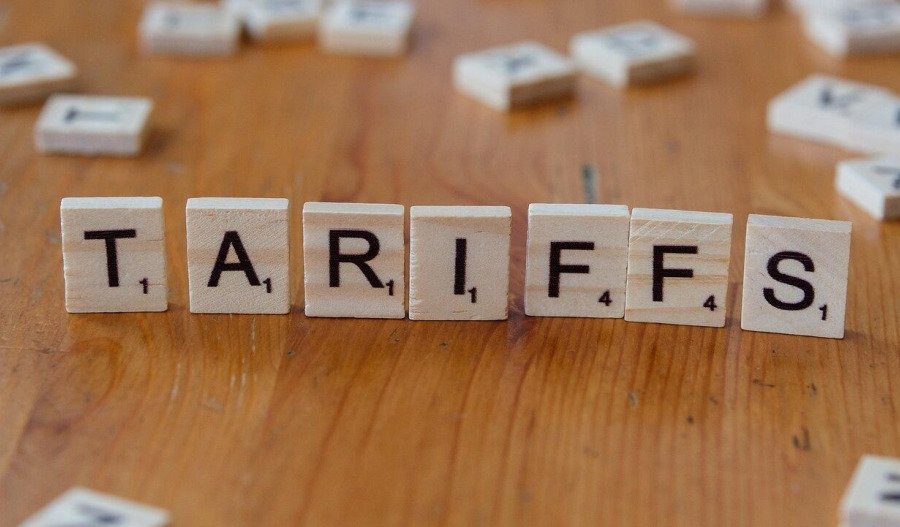As part of its play to win the upcoming federal election, the Albanese government has pledged protective measures to help export-focused companies tap alternative markets beyond the United States.
Included within these measures Labor is planning to offer $1 billion in zero interest loans through the National Reconstruction Fund.
This new loan facility builds on the loans, equity and guarantees already available through the $15 billion fund.
This new round of funding is expected to complement a separate government initiative to fund representative bodies of sectors directly in the wake of U.S. President Donald Trump’s tariff measures announced in his “liberation day” speech yesterday.
In response to what Trump believes to be tantamount to ‘surrogate tariff measures’ from other countries, the U.S. has imposed a 10% tariff on Australia.
Trump has justified this 10% tariff by arguing that Australia imposes the same impost on U.S. goods through various trade barriers.
Instead of fighting tariffs with counter tariffs, the Albanese government will lobby the U.S. to remove them.
Additional measures
Meanwhile, the Government has announced four additional measures designed to find new markets and offer some protection to affected industries. These include:
- Strengthening the anti-dumping regime to protect against tariff-hit overseas steel, aluminium and other products undermining local manufacturing.
- Providing $50 million to affected sectors to secure new markets for their products.
- Bringing Australian businesses to the “front of the queue” for government contracts.
- Establishing a strategic reserve of critical minerals.
Beef is Australia's single largest exporter to the US
Overall, Australia sold around $20 billion worth of goods to the U.S. in the last financial year.
One sector caught in the cross-chairs of Trump’s 10% tariffs is the Australian beef industry, with the U.S. representing its biggest export destination, taking in about 400,000 tonnes, worth $3.4bn, in 2024.
Beyond beef, the country’s next largest exporters to the U.S. include gold $1.7 billion, and pharmaceuticals $1.6 billion.
While some sectors were exempted from the tariffs, including pharmaceuticals, it remains to be seen if they are included in future policy announcements.
Assuming it wins the upcoming federal election, Labor is contemplating filing a World Trade Organisation challenge.
Australia has a free trade agreement with the U.S. which allows products to enter each other’s countries tariff-free.



